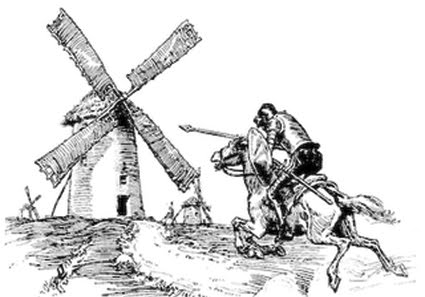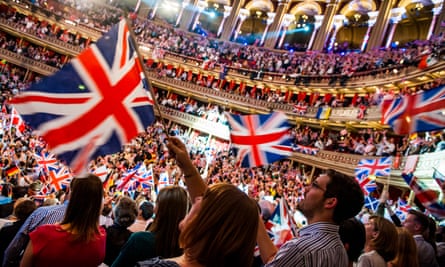David Blunkett says we should celebrate St George’s Day even though he admits that ‘Englishness’ is’ “relatively imprecise, ambiguous and ill-defined”.
I’m always up for a party so perhaps on April 21 Harry’s Place will follow Blunkett’s wishes. Come and join us in waving the flag while we celebrate our “imprecise, ambigious and ill-defined” identities.
Its not the first time that Blunkett has talked about reclaiming national identity from the right, although the fact that he does so now during an election, where Labour fears losing some votes to people who trade on nothing but their version of a national identity, does raise some suspicions about the motives this time around.
After all, given that many great minds have spent decades failing to come up with a working definition of what ‘Englishness’ is what are the chances that an election campaign is going to be the environment that finally helps us to solve the riddle?
A sense of exclusive Englishness – which associates being English with being born in England – has been championed by the political right, such as Enoch Powell, he said.
“This has given English identity a slightly menacing face, and consequently has discouraged the celebration of Englishness.
“The English feel as though they can’t talk about their identity for fear of association with the far right.
“At times it seems as though the flag of St George and the language of identity have been hijacked by these minorities,” said Mr Blunkett.
Ah yes, the language of identity, it seems we all have to talk that talk these days doesn’t it?
So, I’ll try and join in.
As a liberal Lancastrian, a Northern (and British) socialist and a secular European can I ask who on earth in the Labour Party thought that an authoritarian Yorkshireman was the man to try and define the ‘new Englishness’?
There could well be a case for a positive identification of Englishness with progressive values but isn’t it richly ironic that Blunkett tries to do so on the day in which his religious censorship legislation is in front of the Lords?
How about defining Englishness around the rights and freedoms which English men and women are supposed to treasure? Like free speech unfettered by the fear of harassment and prosecution from religious authoritarians; the right to a fair trail with the presumption of innocence until proven guilty; the right to leave your house with nothing in your pockets and not be fined for being unable to identify yourself and all those other things dear to the namby pamby civil libertarians that Blunkett so frequently mocks.
I mean if you take away those elements of Englishness, what are you left with?
{Blunkett} suggested that St George’s Day celebrations should feature English humour such as Tony Hancock and Fawlty Towers, English music from folk tunes, classics and carols to pop music, English poetry and English landscapes and the sea.
Oh, ok, let’s be fair, he also said:
Celebrations should also mark the country’s great urban landscapes, particularly the great Victorian cities, he said, as well as English democracy and English radicalism, such as John Wesley and the abolitionist movement.
One of the things that is positive about whatever one might call ‘Englishness’ is exactly that it is “relatively imprecise, ambiguous and ill-defined” and I suspect attempts to formalise it into some European style ‘official national identity’ will be met with a very English response – we’ll have a laugh and ignore it.


